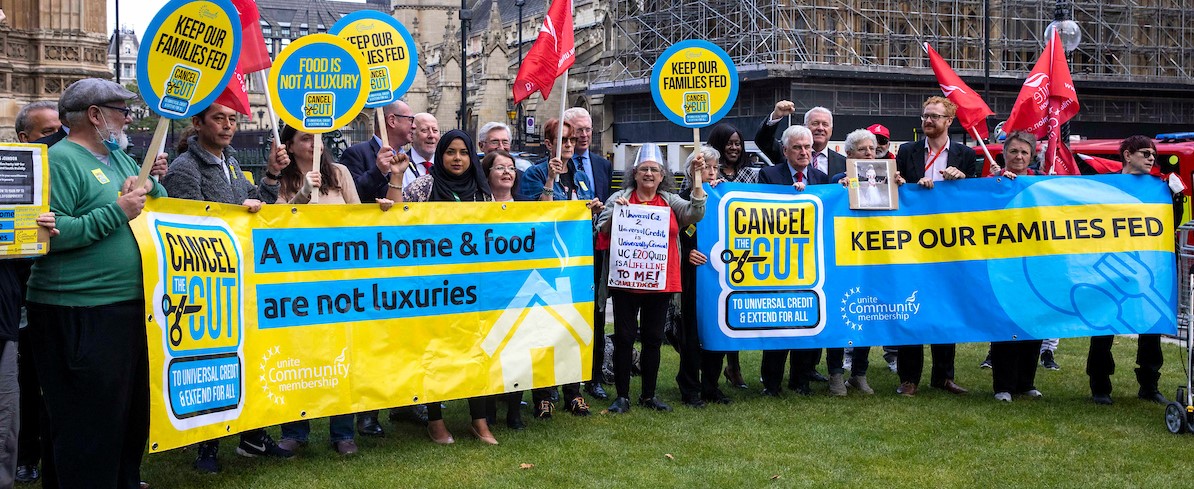Disabilities day
Unite hosted a special conference in Northern Ireland today (December 3) on how best to provide support for employees dealing with mental health issues.
The conference – run in partnership with the Equality Commission and attended by more than 160 Northern Ireland employers and HR professionals and more than 60 trade unionists – was held on the International Day of Persons with Disabilities.
The conference came as new TUC research shows that people with disabilities suffer an average pay gap of ÂŁ2,800 a year, with those suffering from mental illness experiencing an even wider gap in pay.
Unite regional secretary Jackie Pollock welcomed the strength of participation at the Northern Ireland conference from the employers’ side.
â€Pressing challenges’
“Mental health is one of the most pressing challenges faced by our union and by workers generally. Many disciplinary cases involve underlying mental health issues and our workplace reps are often the first to be approached by employees suffering from mental health difficulties. We know that a partnership approach to this issue is necessary,” he said.
“Many people experience mental ill health during their lives but, with the right help at the right time, they can recover. It is the responsibility of everyone in the workplace to create an environment that promotes well-being, including reasonable adjustments for mental illness. We want to see equality of opportunity and respect for their workers suffering with mental ill health.”
Meanwhile the TUC is calling on the government to make companies publish their disability pay gaps, after new research showed that people with disabilities are losing out on an average of ÂŁ2,800 a year.
The research found that disabled workers earn an average of 15 per cent less than other staff.
The gap increases to 29 per cent for people with mental illnesses and 26 per cent for those with depression.
TUC general secretary Frances O’Grady said, “Disabled people face the double whammy of poorer job prospects and lower pay. Paying lip service is not going to fix the problem.
“Employers must be legally required to publish their disability employment and pay gaps. A light-touch, voluntary approach simply won’t cut it. Large companies have to report their gender pay gaps. Disabled people deserve the same level of transparency.”
 Like
Like Follow
Follow


